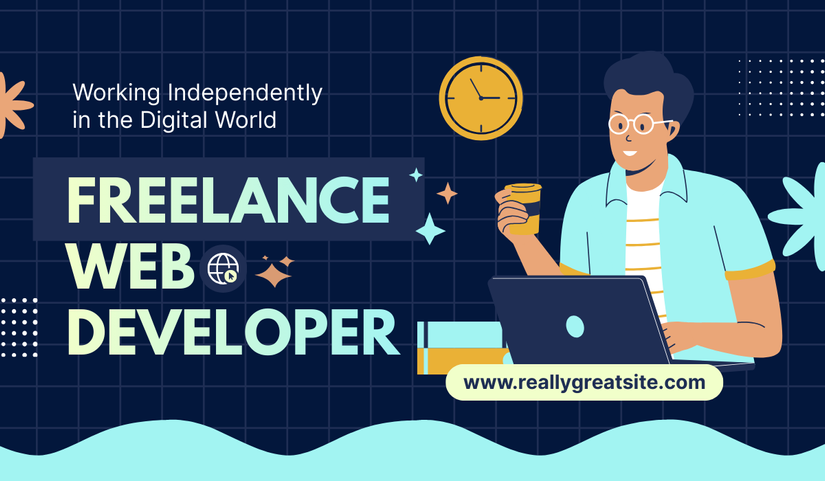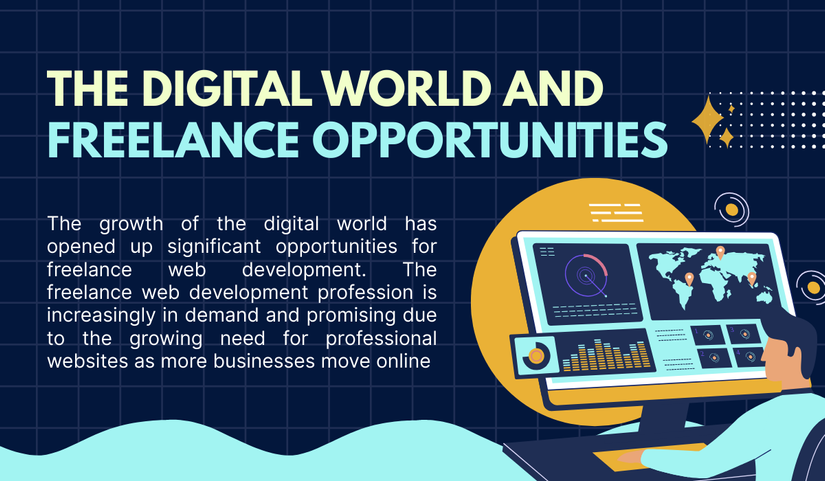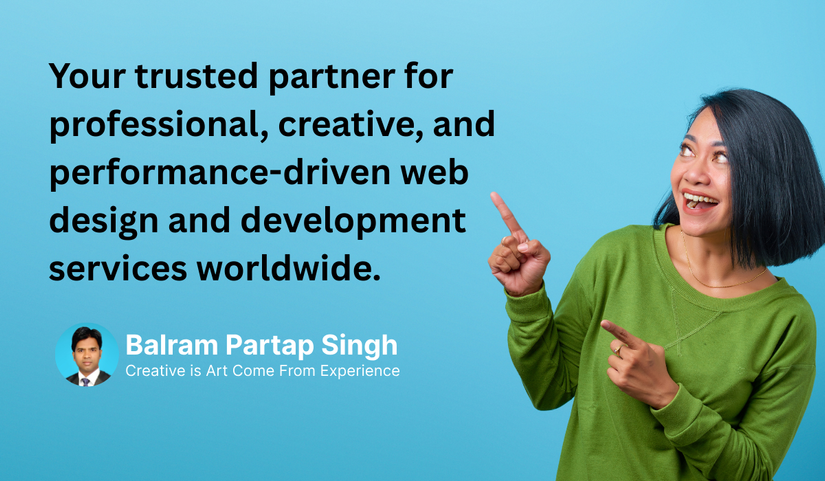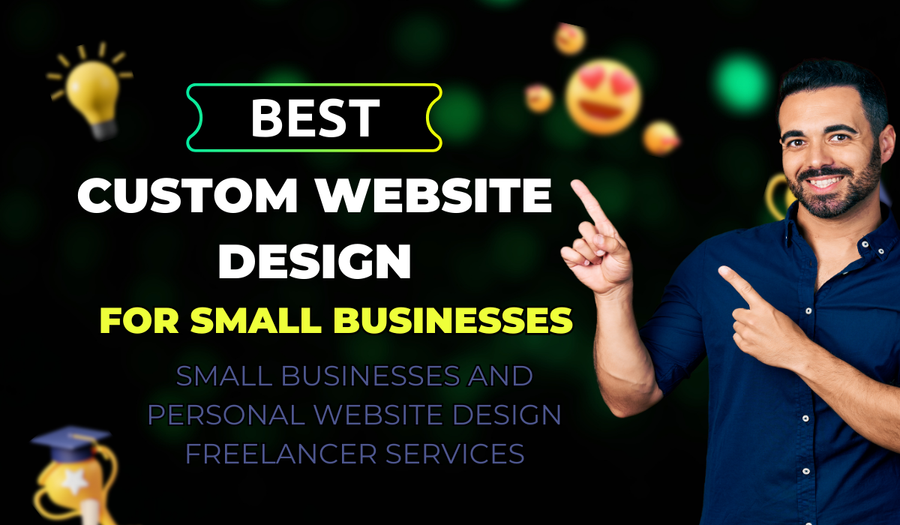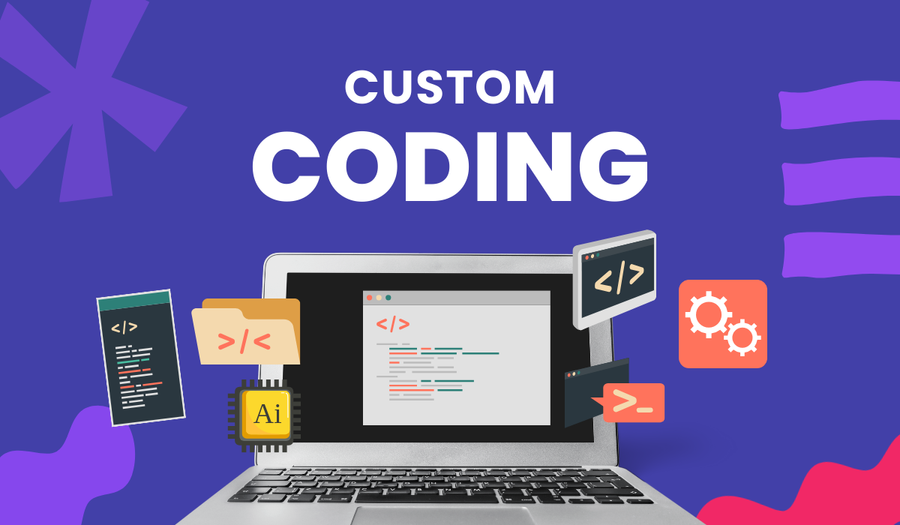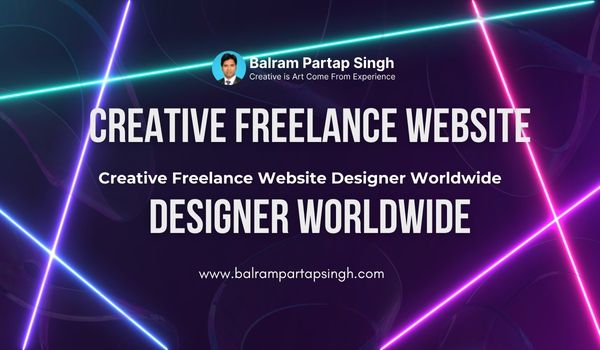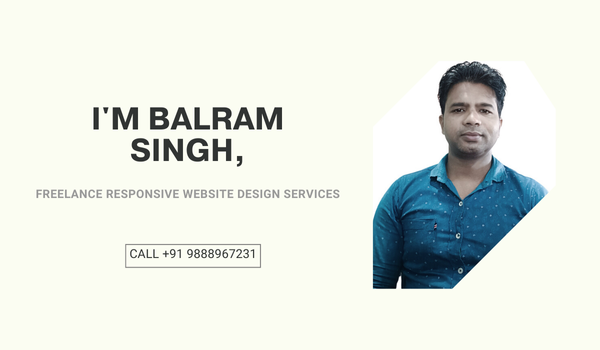An SEO friendly website development freelancer specializes in building websites that are not only visually appealing but also optimized for search engines. In today’s digital landscape, having a beautiful website is not enough — it must rank well on Google, load fast, and deliver an exceptional user experience. This blog explores everything you need to know about SEO-friendly website development, including its features, importance, and the process involved.
What Is an SEO-Friendly Website Development Freelancer?
An SEO-friendly website development freelancer is a web professional who combines design, coding, and search engine optimization skills to create high-performing websites. Unlike general developers, these freelancers focus on implementing SEO best practices from the ground up — ensuring that every element of the site supports better search engine visibility.
They understand how website structure, page speed, and content layout affect ranking on search engines like Google and Bing. Their main goal is to design and develop websites that drive organic traffic, improve conversion rates, and deliver measurable business growth.
Why You Need an SEO-Friendly Website
Every business today competes online, and visibility is the key to success. Without SEO, your website might look great but remain invisible to your potential customers. Here’s why having an SEO-friendly website is essential:
1. Improved Search Engine Ranking
An optimized website ranks higher on Google search results, increasing visibility and attracting qualified leads.
2. Better User Experience
SEO-friendly websites are designed with users in mind — easy navigation, fast loading speed, and clean design keep visitors engaged longer.
3. Mobile Compatibility
With most searches happening on mobile, having a responsive design ensures that your website looks and performs perfectly on all devices.
4. Increased Traffic and Conversions
Higher rankings bring more visitors. A well-optimized website also guides users toward your services or products, increasing conversion rates.
5. Long-Term Results
Investing in SEO-friendly website development ensures sustainable growth, reducing the need for expensive paid advertising.

Core Features of an SEO-Friendly Website
To achieve the best performance, your website must include several technical and design features. Here are the key characteristics every SEO-friendly website development freelancer focuses on:
1. Clean and Optimized Code
Search engines read your website’s code to understand its content. A clean and efficient code structure helps crawlers index pages more effectively.
2. Fast Loading Speed
Page speed is one of Google’s ranking factors. Optimized images, minified CSS/JS, and caching techniques ensure faster performance.
3. Mobile Responsiveness
A responsive design automatically adjusts to fit different screen sizes, providing a seamless experience on mobile, tablet, and desktop devices.
4. SEO-Friendly URLs
Readable URLs with relevant keywords improve visibility and make pages easier to navigate for both users and search engines.
5. Structured Data and Schema Markup
Schema markup helps search engines understand your content better, leading to rich snippets and higher click-through rates.
6. Optimized Images and Media
Compressing images without losing quality improves performance and maintains visual appeal.
7. Secure (HTTPS) Connection
Websites with SSL certificates are prioritized by Google, as they ensure user data protection and build trust.
Development Process of an SEO-Friendly Website
Building an SEO-friendly website requires careful planning and execution. Below is a step-by-step process that a skilled SEO-friendly website development freelancer follows:
1. Research and Planning
The process begins with understanding the client’s business, target audience, and competitors. Keyword research is conducted to identify the best terms for optimization.
2. Wireframing and Design
Design mockups are created to plan page structure, navigation flow, and user interface (UI). The goal is to balance aesthetics with functionality.
3. Content Strategy and On-Page SEO
SEO-friendly content is crafted with keywords placed naturally in headings, paragraphs, meta tags, and image alt text. Internal linking is also established to improve crawlability.
4. Technical SEO Setup
This involves implementing XML sitemaps, robots.txt, canonical tags, and schema markup. The website architecture is optimized for easy crawling by search engines.
5. Development and Coding
The developer writes clean, responsive, and well-structured code using HTML5, CSS3, and JavaScript frameworks. Lightweight themes and plugins are selected for efficiency.
6. Testing and Quality Assurance
Before launch, the site undergoes performance testing, mobile responsiveness checks, and browser compatibility reviews.
7. Launch and Monitoring
Once live, performance analytics and search console data are monitored regularly. Any errors, slow pages, or broken links are fixed promptly.
Tools Used by SEO-Friendly Website Development Freelancers
To achieve top-notch results, professionals rely on a combination of SEO and web development tools. Here are some common tools used:
- Google PageSpeed Insights: For speed optimization.
- Yoast SEO or Rank Math: For on-page SEO in WordPress.
- GTmetrix: To analyze performance and page load time.
- Google Search Console: To track indexing and site visibility.
- Ahrefs / SEMrush: For keyword tracking and competitor analysis.
- Schema.org: For implementing structured data.
Benefits of Hiring an SEO-Friendly Website Development Freelancer
Choosing a freelancer instead of a large agency has its own advantages. Here’s why many businesses prefer hiring a freelance SEO web developer:
1. Cost-Effective Solutions
Freelancers offer professional-grade services at affordable rates, avoiding the overhead costs of agencies.
2. Personalized Attention
You work directly with the developer, ensuring clear communication and faster feedback loops.
3. Faster Turnaround
Freelancers are more flexible and can deliver projects faster without bureaucratic delays.
4. Long-Term Maintenance
Many freelancers also offer maintenance packages to keep your website updated, secure, and optimized over time.
Common Mistakes to Avoid in SEO-Friendly Website Development
Even experienced developers can make errors that hurt a website’s ranking. Below are common mistakes an SEO-friendly website development freelancer avoids:
- Using large unoptimized images.
- Ignoring meta tags and header hierarchy.
- Broken internal links or poor navigation.
- Keyword stuffing or duplicate content.
- Neglecting mobile performance and accessibility.
How to Hire the Right SEO-Friendly Website Development Freelancer
Finding the perfect freelancer requires evaluation and research. Follow these steps to ensure you make the right choice:
1. Review Portfolios and Case Studies
Examine their previous work to see if they’ve developed websites that rank well and perform smoothly.
2. Check Technical Expertise
Look for experience with SEO tools, CMS platforms, and technical SEO best practices.
3. Communication and Reporting
Ensure they provide regular progress updates and are available for consultation when needed.
4. Read Client Testimonials
Positive feedback is a strong indicator of reliability and skill.
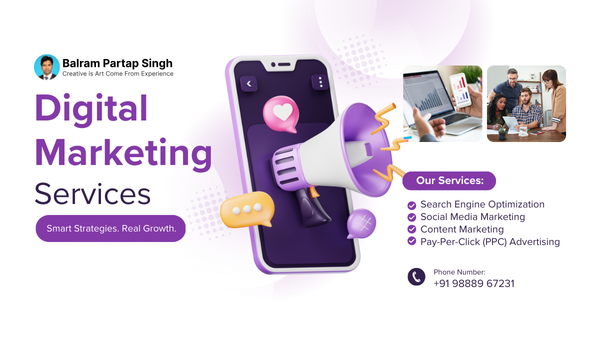
Future Trends in SEO-Friendly Website Development
The field of SEO-friendly web development continues to evolve. Here are key trends shaping the industry:
1. AI and Automation
AI tools are increasingly used to analyze site performance, automate optimization, and predict ranking changes.
2. Voice Search Optimization
Freelancers are now optimizing websites for conversational keywords and voice-based searches.
3. Core Web Vitals and UX Focus
Google’s Core Web Vitals — loading, interactivity, and visual stability — are becoming primary ranking factors.
4. Sustainable Web Development
Eco-friendly hosting and lightweight coding practices reduce server load and energy consumption, aligning with modern values.
Frequently Asked Questions (FAQ)
1. What does an SEO-friendly website development freelancer do?
They design and build websites optimized for search engines, focusing on speed, responsiveness, security, and keyword-friendly structure.
2. Why should I hire a freelancer instead of an agency?
Freelancers offer affordable, personalized, and flexible services. You get direct communication and quicker project delivery.
3. How much does SEO-friendly website development cost?
Pricing depends on project scope. Freelancers may charge between $300 and $2000 for a complete SEO-optimized website, depending on features and content.
4. How long does it take to develop an SEO-friendly website?
On average, it takes 2–4 weeks depending on project complexity, content volume, and client feedback.
5. Can existing websites be optimized for SEO?
Yes. Freelancers can audit your current website and make the necessary structural, technical, and content improvements for better rankings.
6. What tools do freelancers use for SEO-friendly development?
They often use Google PageSpeed Insights, Yoast SEO, SEMrush, and GTmetrix to measure and improve website performance.
7. Do I need continuous website maintenance?
Yes, ongoing maintenance ensures your site remains secure, up to date, and aligned with evolving SEO algorithms.
8. Can SEO-friendly websites improve conversions?
Definitely. Optimized websites attract quality traffic and provide a better user experience, leading to higher conversion rates.
9. How can I check if my website is SEO-friendly?
Use Google’s Lighthouse or PageSpeed tools to analyze performance. Freelancers also provide audits with actionable insights.
10. What is the future of SEO-friendly web development?
The future involves more automation, AI-driven optimization, and user experience enhancements tied to ranking algorithms.
Conclusion
In the competitive digital world, hiring an SEO-friendly website development freelancer is the smartest investment for your business. They bring a perfect blend of creativity, technical skill, and SEO knowledge to build high-performing websites that rank well, load fast, and convert visitors into customers. Whether you’re starting from scratch or optimizing an existing site, working with an experienced freelancer ensures you achieve lasting success online.
Ready to boost your visibility and grow your brand? Connect with a professional SEO-friendly website development freelancer today and take the first step toward a powerful online presence!
Contact & Hire
You can contact or hire me directly using the links below or reach out via WhatsApp and email.
Street Number 5, Sadhu Nagar, Mohan Nagar, Dera Bassi, Punjab 140507
- 📱 WhatsApp: +91 9888967231
- 🌐 Website: balrampartapsingh.com
- 📧 Email: balrampartapsingh@gmail.com
- 💼 Upwork: Upwork Profile
- 🎯 Fiverr: Fiverr Profile
- 🧭 Guru: Guru Profile

